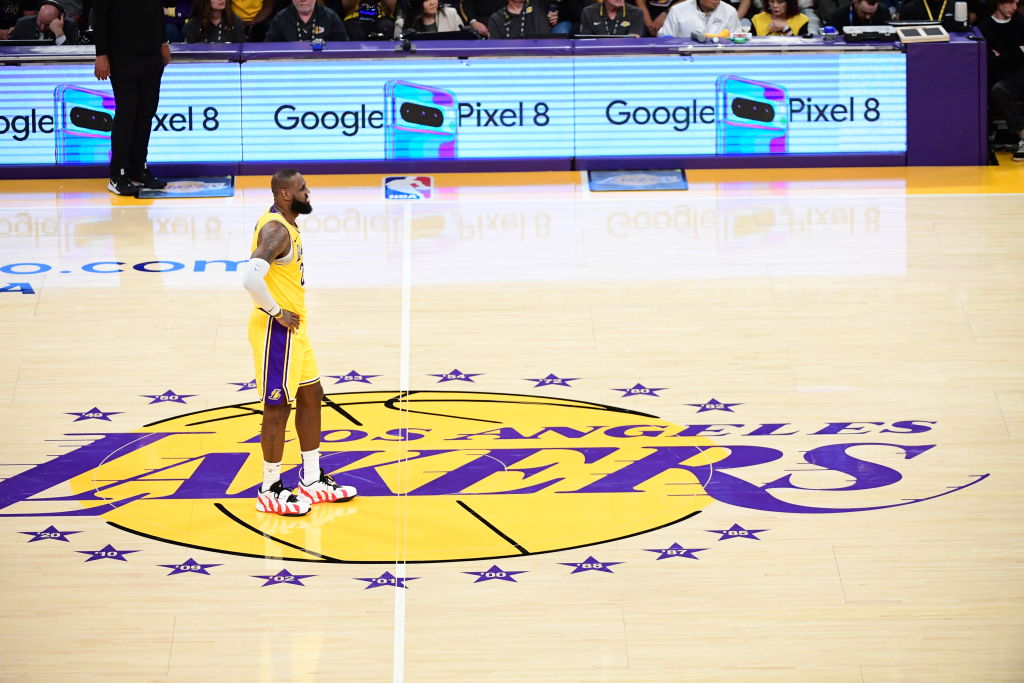From Sacramento to the nation’s capital, courts and legislators are deciding how to balance the right to freedom of speech with real-world harm.
AB 2273, authored by Assemblymember Buffy Wicks (D-Oakland) and former Assemblyman Jordan Cunningham (R-San Luis Obispo) was signed into law last year and aimed to compel platforms to design their products with protection for kids in mind. However, NetChoice, a tech industry group filed an injunction to block the law claiming that it's a “heavy-handed” approach to violate the constitutional rights of Californians. Governor Gavin Newsom released a statement, pledging to fight the lawsuit.
“The tech industry doesn't want regulations? Right? I mean, why would you if you're them….and I'm not a Luddite,” Wicks told NBCLA. “My kids are digital natives, but we have to have guardrails around this, we know that there's negative impacts of spending so much time online.”
Carl Szabo, the Vice President and General Counsel of NetChoice argues that his organization is referring to teenagers, and not children, as the U.S. The Supreme Court held that the First Amendment gives teenagers constitutional rights to access the Internet.
Get Southern California news, weather forecasts and entertainment stories to your inbox. Sign up for NBC LA newsletters.
“It's not the responsibility of the government, or, you know, kids sitting in Silicon Valley basements writing code to decide what's best for me and my family, " Szabo said in an interview. “And that's what we're seeing here.”
This past week, the Supreme Court heard oral arguments for Gonzalez v. Google, a case attempting to hold Google accountable for the death of Nohemi Gonzalez, a California college student who was killed in a terrorist attack in Paris. Her family argues that Section 230 failed to protect Youtube’s use of algorithms to recommend ISIS recruitment content to its users, pushing the terrorist towards radicalizing content. According to the justices, Congress is the best branch of government to amend Section 230 as opposed to the Courts.
California is home to some of the strictest digital restrictions in the country, and the state legislature has carried on with drafting bills that crack down on tech companies.
Local
Get Los Angeles's latest local news on crime, entertainment, weather, schools, COVID, cost of living and more. Here's your go-to source for today's LA news.
A newly introduced bill by State Sen. Nancy Skinner (D-Oakland), SB 287, would mandate consequences for social media algorithms that encourage young people from purchasing fentanyl, taking part in challenges that cause self-harm, and knowingly design other products that are addicting for kids. Skinner said that the proposed law would also allow parents to take companies to court on the notion that they have directed their child to a site that promotes harmful behavior.
“We see kids being directed to things like the “choke challenge” to sites that celebrate and promote suicide, to sites where they can purchase in effect, drugs that are laced with fentanyl,” said Skinner.
Like Wicks, Skinner also argues that her bill does not violate Section 230 as although the federal law has immunity on content, they do not have immunity on how they design their algorithms.



